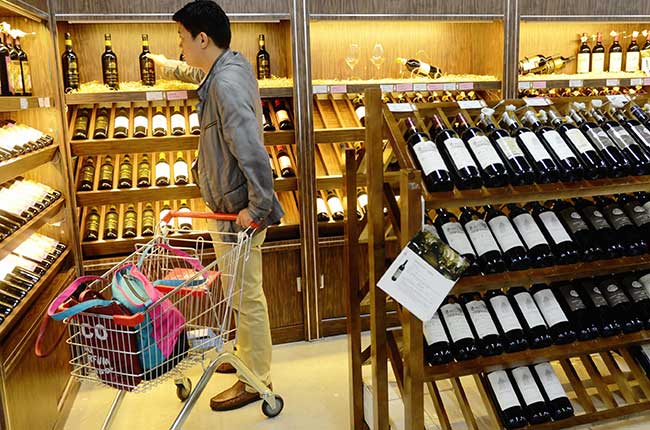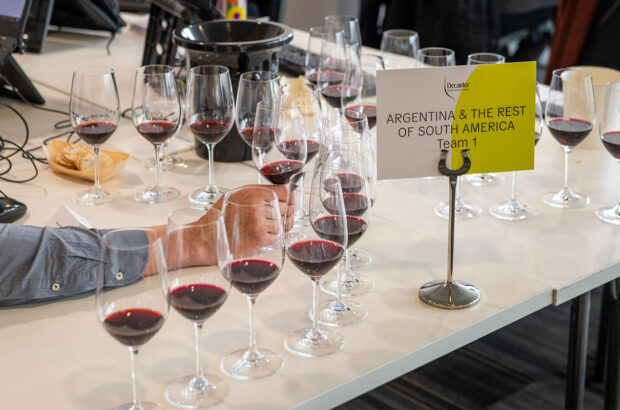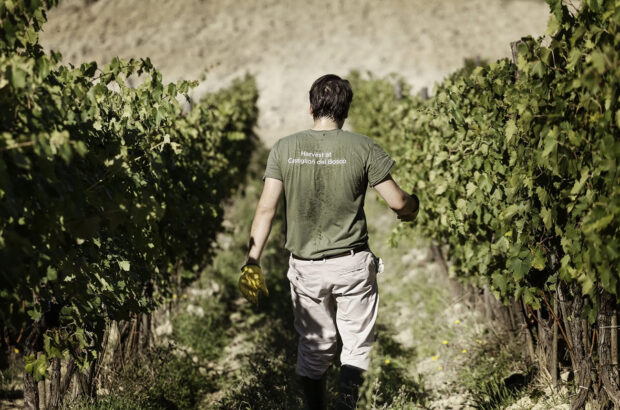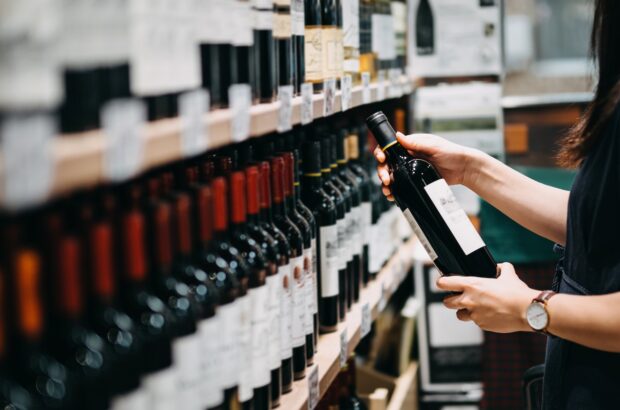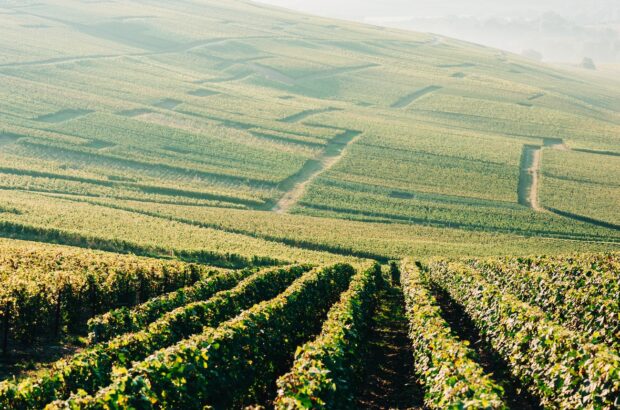One of France's largest wine companies, Castel Freres, spends hundreds of thousands of euros annually to protect trademarks on its wine in China, according to one of its directors.
Castel development director Jean-Baptiste Prot told Jane Anson for her latest Decanter.com column that trademark protection for wine in China continued to be a costly business for foreign wine companies.
‘We spend hundreds of thousands of euros each year on brand protection in China,’ Prot said. ‘It’s an ongoing battle and it’s not one that we always win, but we persevere.’
Counterfeit wine is a frequently reported issue in China, if hard to quantify, but the ability of foreign wine chateaux and estates to secure trademark protection is also a recurring theme.
Lawsuit ongoing
Castel has been relatively successful at securing a foothold in China’s emerging wine market, but it remains in a legal dispute with a Chinese distributor over the Ka-Si-Te name, arguably one of the best known Chinese translations of Castel.
The case has been referred to China’s Supreme Court, and a 30m Chinese yuan fine (£3m) initially levied on Castel has been suspended pending a fresh hearing. The French group has global annual sales of around €1.1bn.
Official translations
Earlier this year, China’s Ministry of Commerce approved a list of official translations for popular wine terms, including many Bordeaux chateau names. It is the first of its kind, but the list was understood to have been devised as a guideline rather than a mandatory requirement for wine companies wishing to use Chinese translations.
GI protection
Several wine place names have gained greater legal protection in China in recent years, with Napa Valley and Champagne both enjoying protected status. Bordeaux was added to the list in July this year and talks were underway to extend the deal to specific Bordeaux appellations.


